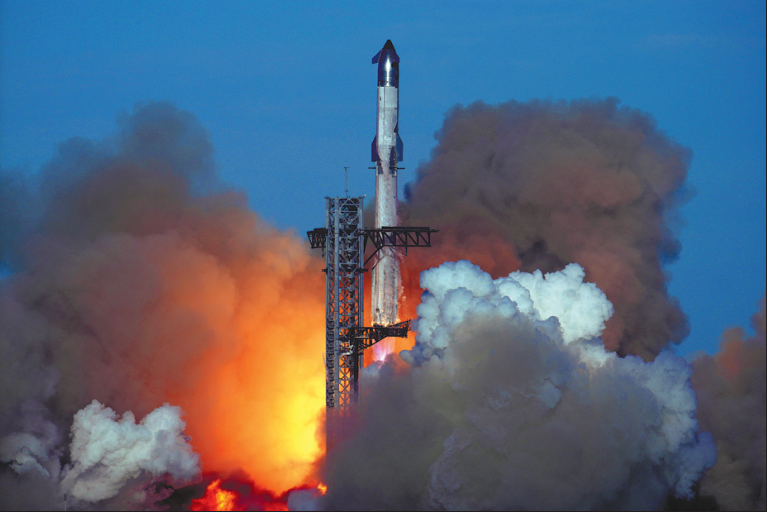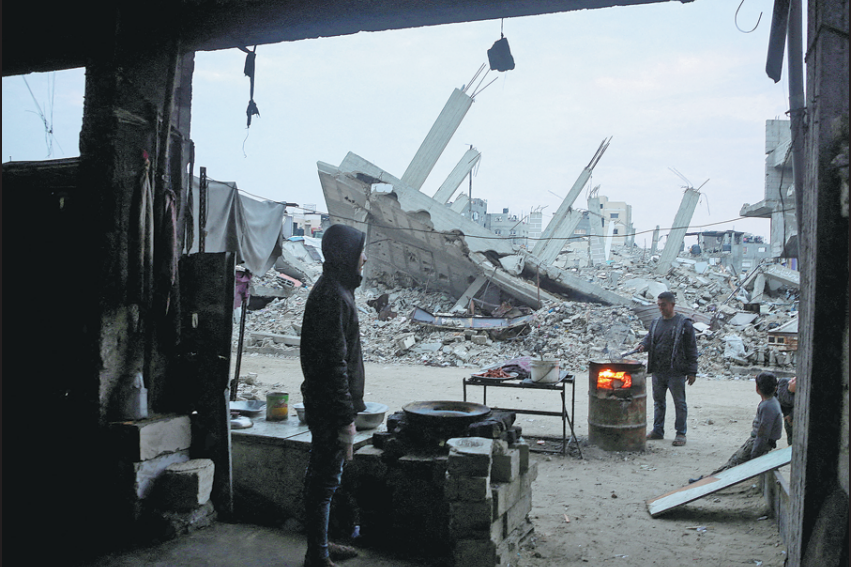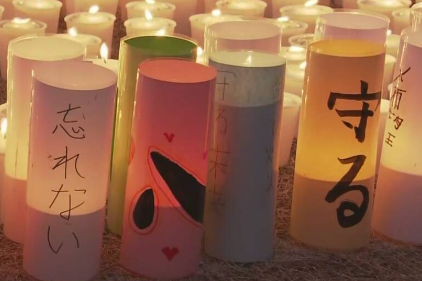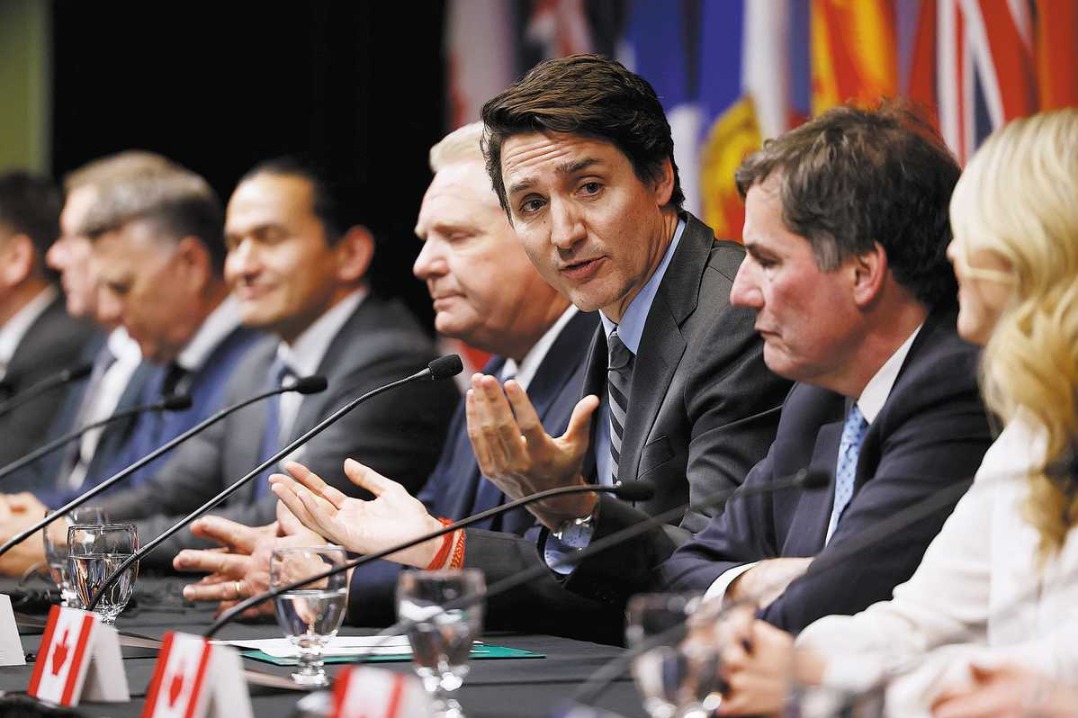New aid route to Syria opens as earthquake toll tops 41,000

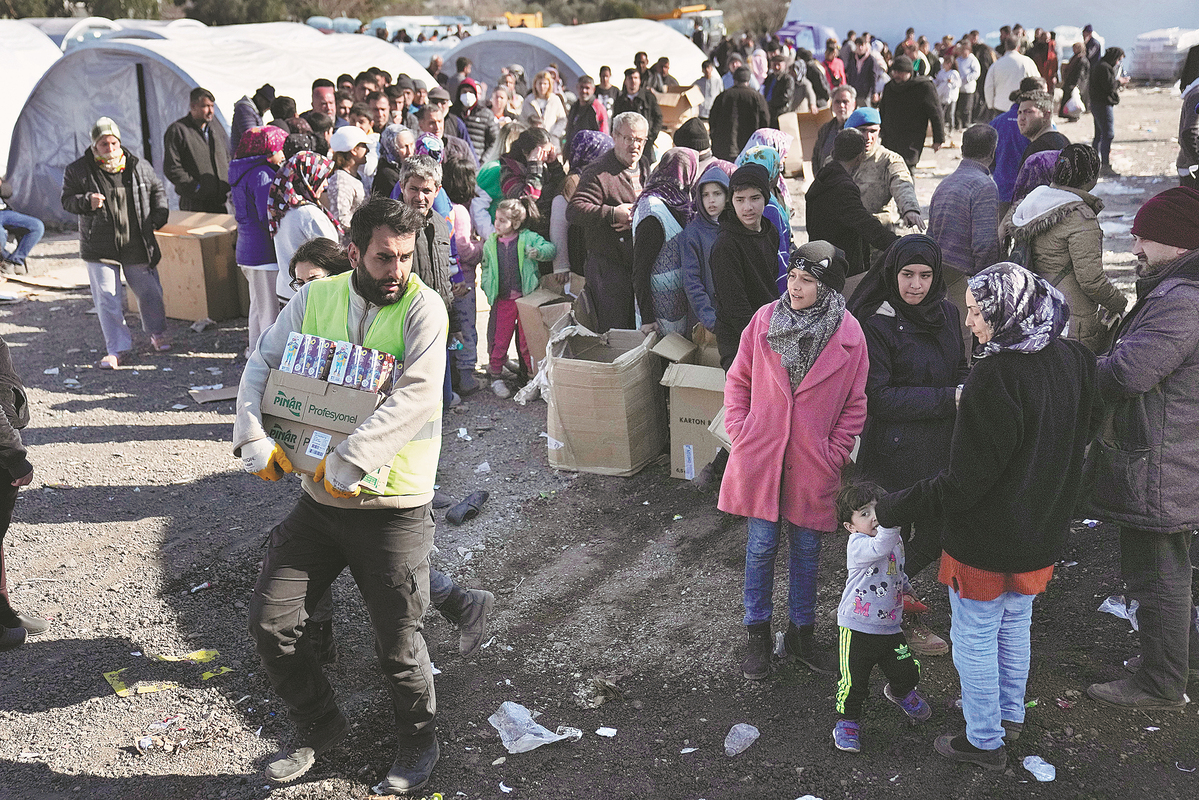
ANTAKYA, Turkiye — An aid convoy has passed through a newly reopened border crossing into northern Syria, where help has been slow to arrive since last week's earthquakes that killed more than 41,000 in the region.
Rare survivors were still being pulled from the debris on Tuesday, eight days after earthquakes and their aftershocks struck Syria and Turkiye, but the focus has switched from rescue to providing food and shelter to millions in need.
A caravan of 11 United Nations trucks entered Syria through the reopened Bab al-Salam border point.
Before the earthquakes struck, almost all the crucial humanitarian aid for the more than 4 million people living in northwest Syria was being delivered through just one crossing.
The trucks were loaded with essential humanitarian assistance, including shelter materials, mattresses, blankets and carpets, said Paul Dillon, a spokesman for the UN's International Organization for Migration.
On Tuesday the UN launched an appeal for $397 million to help quake victims in Syria, where the disaster has killed thousands of people and left millions more in desperate need of aid.
The UN Secretary-General Antonio Guterres, announcing the appeal at UN headquarters in New York, said the funds would bring "lifesaving relief" for nearly 5 million Syrians and would cover three months. The UN was in the final stages of a similar appeal for Turkiye, he said.
The second shipment of humanitarian aid provided by the Red Cross Society of China for the quake-stricken areas in Syria arrived in the capital, Damascus, on Monday.
The supplies, including cotton tents, relief packages for families, thermal jackets and medicine, will meet the needs of more than 10,000 victims, the Red Cross Society of China said.
Cross-border delivery
The World Health Organization has urged governments and civil society to work together to ensure cross-border delivery of humanitarian aid between Turkiye and Syria and within Syria.
The WHO's Regional Director for Europe, Hans Kluge, called the earthquakes "the worst natural disaster" in the region in a century, and emphasized the importance of all parties cooperating on aid delivery.
The WHO also warned that there were growing concerns over health risks related to cold weather, hygiene and sanitation, and the spread of infectious diseases. With 80,000 people now in hospitals, the Turkish health system is under enormous strain after many of its buildings suffered significant damage in the disaster.
The WHO has launched an appeal for $43 million to help with the response, and Kluge said this amount was likely to double in the coming days because of the huge scale of need.
In Turkiye, President Recep Tayyip Erdogan announced that more than 35,000 people had died in his country as a result of the quakes, making it the deadliest in its modern history.
Teams from 84 countries have been taking part in relief efforts in the country, he said.
Qatar has been shipping 10,000 containers to Turkiye that will be turned into shelters.
Greece's Foreign Minister Nikos Dendias visited the Turkish quake-hit zones on Sunday, accompanied by his Turkish counterpart Mevlut Cavusoglu. The two neighbors have been at odds over territorial claims in the Aegean and the Eastern Mediterranean.
Israel's Foreign Minister Eli Cohen visited the Turkish capital, Ankara, to show solidarity with the country on Monday, as the two sides continued the momentum of normalizing strained ties. Israel sent a 450-member rescue team on the first day of the earthquakes and established a field hospital in the affected region, Cohen said.

















